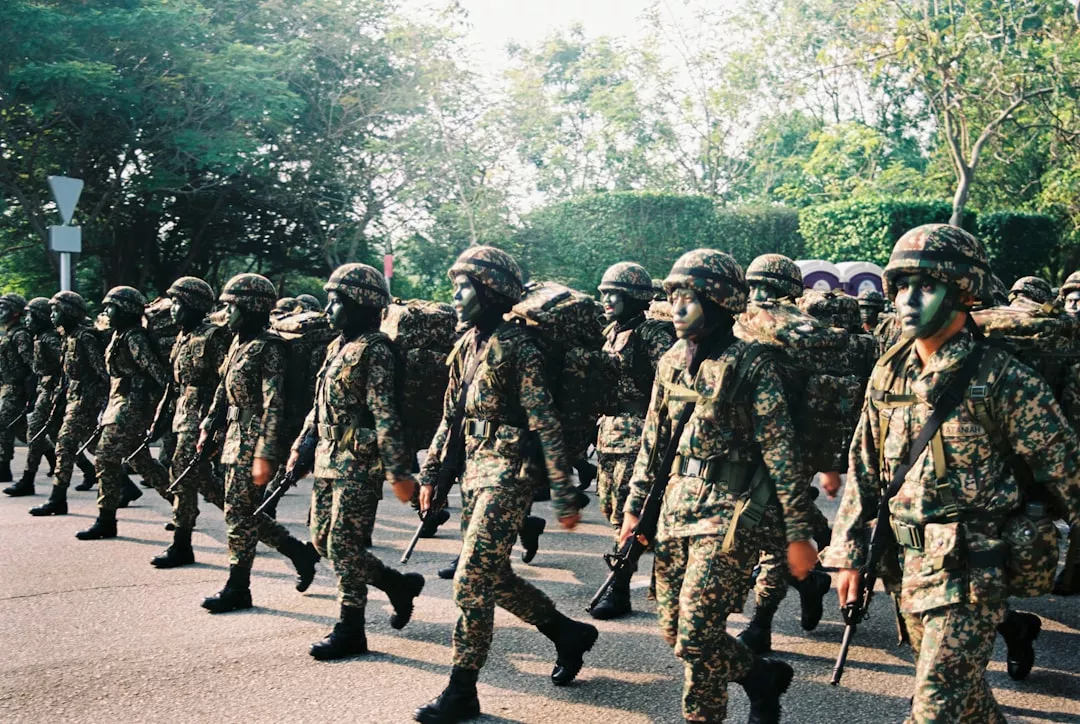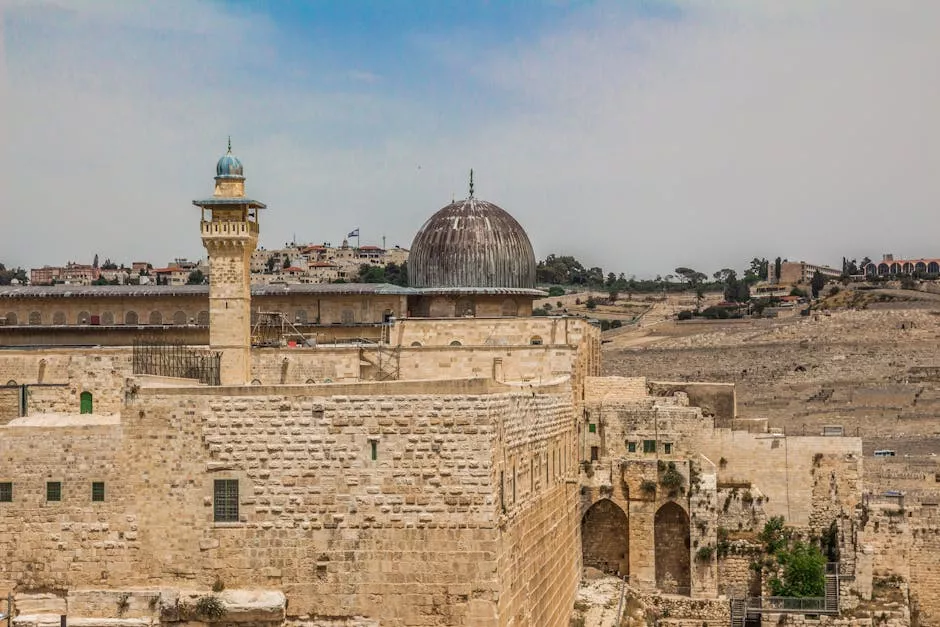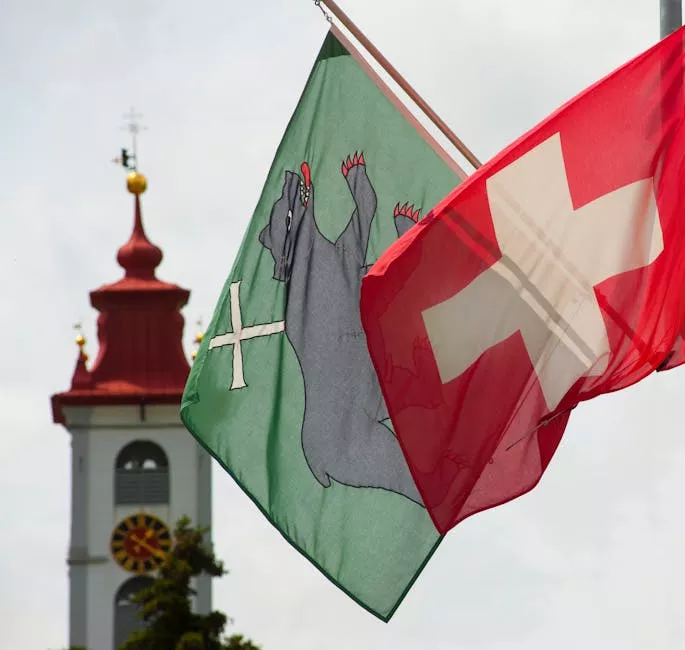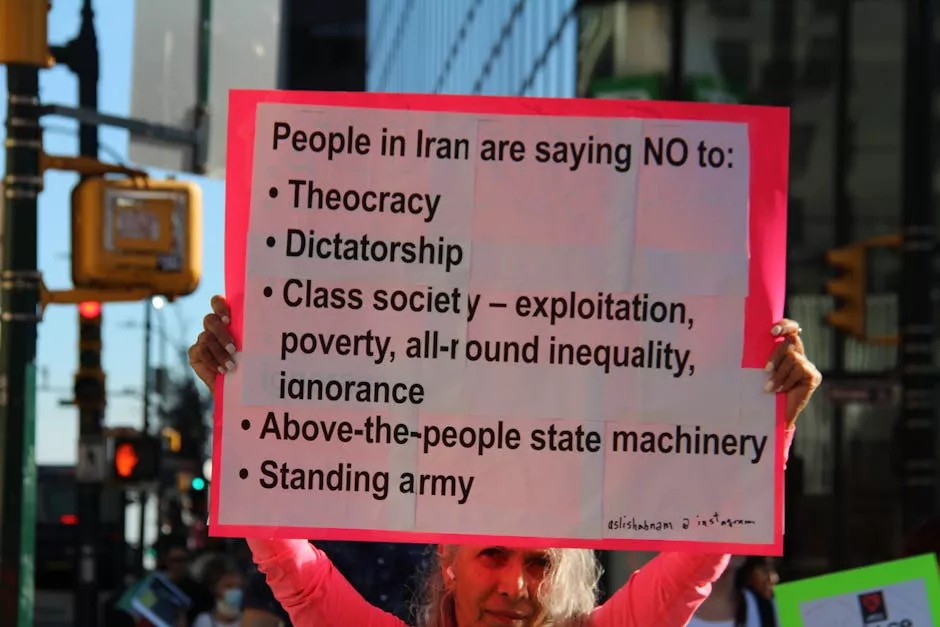West Bank Crisis: 30,000 Displaced After Israeli Operation
Ten months after Israel's Iron Wall operation, over 30,000 West Bank residents remain displaced, creating a humanitarian crisis as refugees demand their right to return home.

Ten months after Israel launched its controversial "Iron Wall" operation in the occupied West Bank, more than 30,000 Palestinians remain displaced from their homes across three refugee camps, creating what humanitarian organizations are calling a deepening crisis that threatens regional stability.
The Humanitarian Crisis Unfolds
The prolonged displacement has evolved far beyond a temporary security measure, transforming into what Doctors Without Borders coordinators describe as a "dire health crisis." The affected populations, primarily from three major refugee camps, continue to live in precarious conditions with limited access to basic services, medical care, and economic opportunities.
Recent weeks have witnessed growing frustration among the displaced communities, with organized protests demanding their fundamental right to return to their homes. These demonstrations underscore the mounting tension and desperation felt by families who have been separated from their livelihoods and communities for nearly a year.
Geopolitical Implications
The Iron Wall operation represents a significant escalation in Israeli military activities within the occupied West Bank, raising serious questions about compliance with international law and the Fourth Geneva Convention. The operation's naming appears to reference Ze'ev Jabotinsky's 1923 essay about establishing Jewish presence through strength, adding symbolic weight to an already contentious military action.
International observers note that such large-scale, prolonged displacement operations risk undermining any prospects for peaceful resolution of the Israeli-Palestinian conflict. The European Union and various UN bodies have expressed concern over the humanitarian impact and the precedent set by extended population displacement.
Regional Security Concerns
The sustained displacement has created ripple effects throughout the region, straining resources in neighboring communities that have absorbed the displaced populations. Local infrastructure, already under pressure in the occupied territories, faces additional stress from the sudden population shifts.
Security analysts warn that prolonged displacement often breeds resentment and radicalization, potentially creating new security challenges that extend beyond the immediate operation zone. The protests and growing civil unrest among displaced populations indicate escalating tensions that could spill over into broader regional instability.
International Response and Future Outlook
Humanitarian organizations continue to call for immediate action to address the crisis, emphasizing the urgent need for sustainable solutions that allow displaced families to return safely to their homes. The international community faces pressure to address what many view as a violation of basic human rights and international humanitarian law.
As the displacement enters its eleventh month, the situation represents a critical test of international resolve and the effectiveness of existing mechanisms designed to protect civilian populations in occupied territories.






